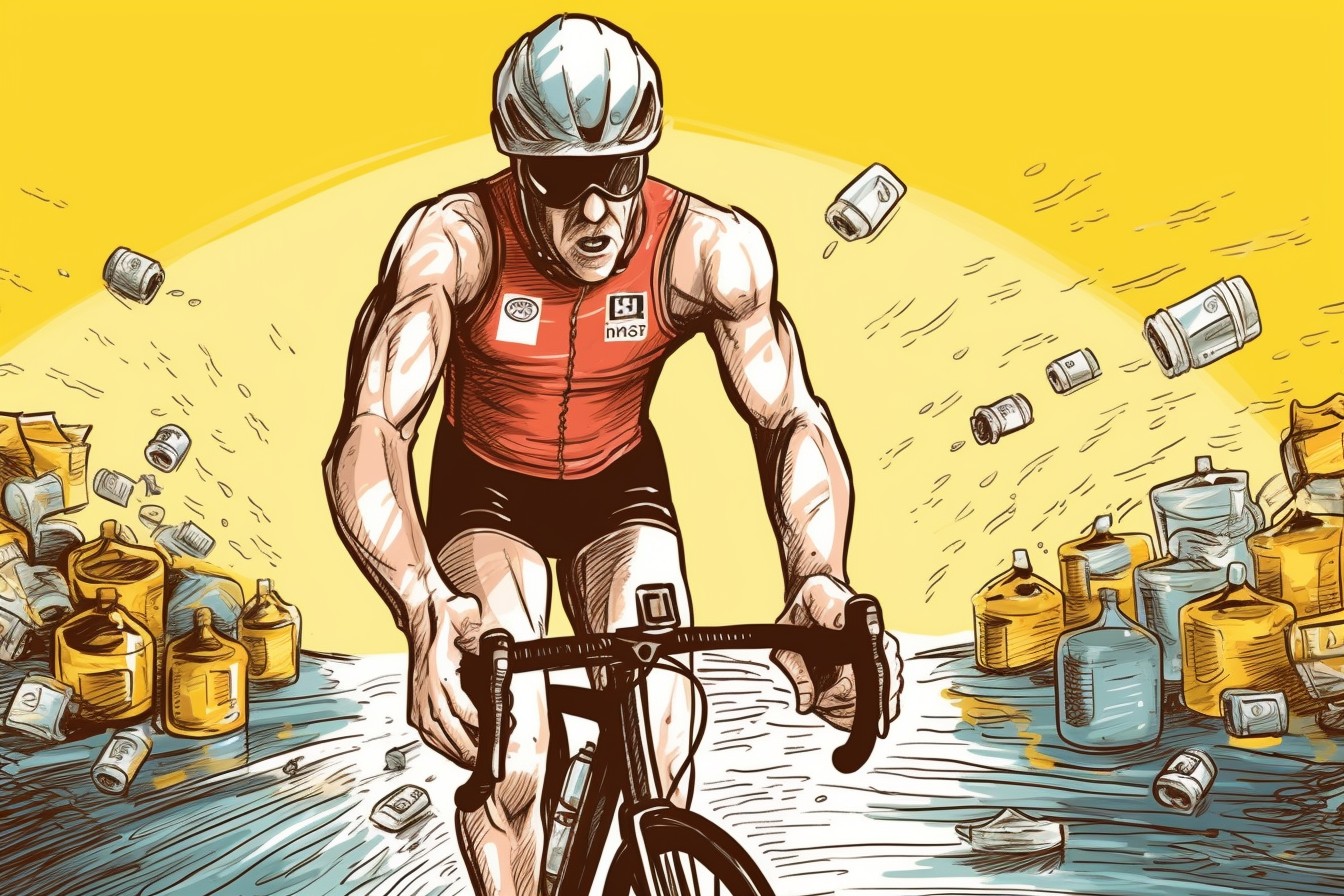Category: Doping
-

Therapeutic Use Exemptions (TUEs) in Triathlon: Navigating Medical Conditions and Medication Use
Therapeutic Use Exemptions (TUEs) in triathlon refer to the process by which athletes with medical conditions can obtain permission to use prohibited substances or methods for legitimate therapeutic purposes. TUEs are essential for athletes who require medication or treatment that may contain substances on the World Anti-Doping Agency’s (WADA) Prohibited List. This article explores the…
-

Drug Testing Protocols in Triathlon: Ensuring Fair Competition and Clean Sport
Drug testing protocols in triathlon play a crucial role in ensuring fair competition and maintaining the integrity of the sport. With the increasing concern over doping in sports, it has become imperative to implement stringent measures to detect and deter the use of performance-enhancing substances. This introduction will provide an overview of the drug testing…
-

Challenges and Controversies: Addressing False Positives and Doping Cases in Triathlon
Introduction: Challenges and controversies surrounding false positives and doping cases in triathlon have become significant concerns within the sport. False positives refer to instances where athletes are wrongly accused of using banned substances, while doping cases involve the use of performance-enhancing drugs to gain an unfair advantage. These issues not only tarnish the integrity of…
-

Anti-Doping Education for Triathletes: Empowering Athletes to Make Informed Choices
Anti-Doping Education for Triathletes: Empowering Athletes to Make Informed Choices Anti-doping education plays a crucial role in the world of triathlon, empowering athletes to make informed choices and promoting fair competition. With the aim of maintaining integrity and protecting the health and rights of athletes, anti-doping education programs provide triathletes with the knowledge and tools…
-

Testing Methods Advancements: The Evolution of Drug Testing in Triathlon
Drug testing in triathlon has undergone significant advancements over the years. As the sport has grown in popularity and competitiveness, the need for accurate and reliable testing methods has become paramount. This article explores the evolution of drug testing in triathlon, highlighting the advancements that have been made to ensure fair competition and maintain the…
-

Doping Control Officers (DCOs): The Frontline of Drug Testing at Triathlon Events
Doping Control Officers (DCOs) play a crucial role in ensuring fair competition and maintaining the integrity of triathlon events. As the frontline of drug testing, DCOs are responsible for collecting and managing samples from athletes to detect the use of prohibited substances. Their expertise and dedication are essential in upholding the principles of clean sport…
-

Out-of-Competition Drug Testing: Understanding Random and Targeted Testing in Triathlon
Out-of-Competition Drug Testing: Understanding Random and Targeted Testing in Triathlon Out-of-competition drug testing plays a crucial role in maintaining the integrity of sports, including triathlon. It is a proactive approach to deter athletes from using performance-enhancing substances and to ensure fair competition. Random and targeted testing are two common methods employed in triathlon to identify…
-

Doping in triathlon?
“Doping has no place in the pursuit of excellence in triathlon.” Introduction Doping in triathlon refers to the use of performance-enhancing drugs or other prohibited substances by athletes competing in triathlon events. The use of such substances is considered cheating and is strictly prohibited by the World Anti-Doping Agency (WADA) and the International Triathlon Union…








